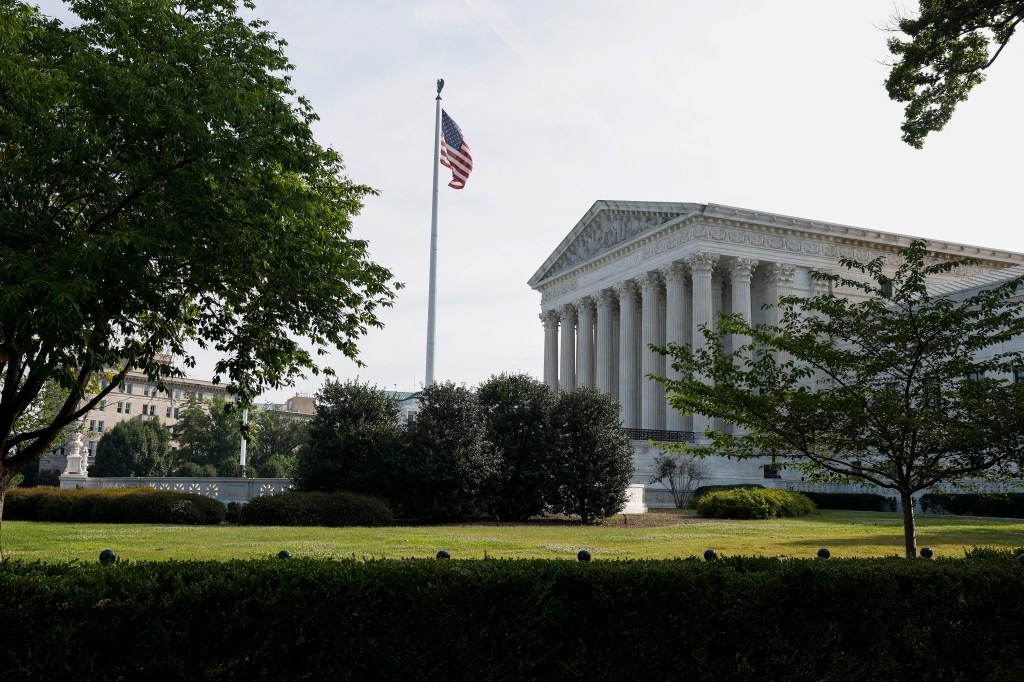A case the US Supreme Court agreed to hear back in May that will examine the burden of proof required in whistleblowing cases has pulled in the formal support of several US government entities and advocacy groups.
They filed amicus briefs to help the ex-employee to reverse a Second
Register for free to keep reading
To continue reading this article and unlock full access to GRIP, register now. You’ll enjoy free access to all content until our subscription service launches in early 2026.
- Unlimited access to industry insights
- Stay on top of key rules and regulatory changes with our Rules Navigator
- Ad-free experience with no distractions
- Regular podcasts from trusted external experts
- Fresh compliance and regulatory content every day













